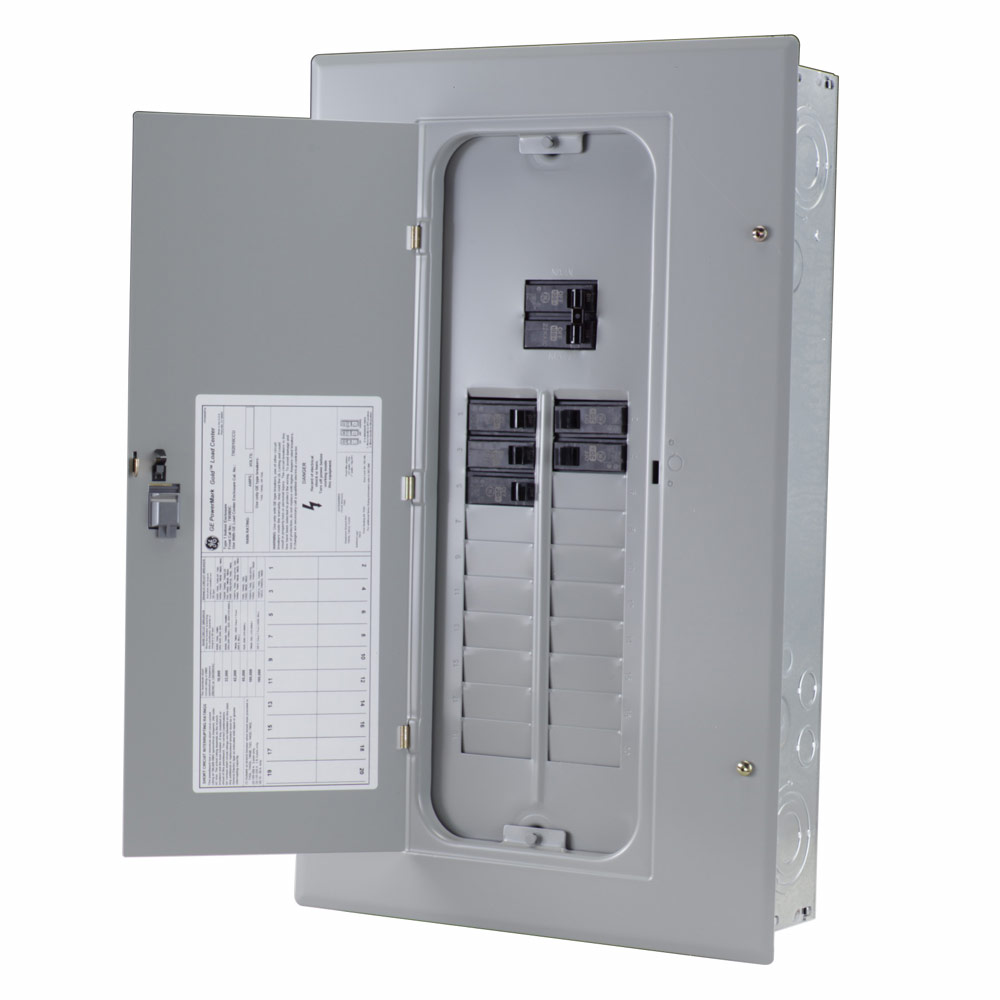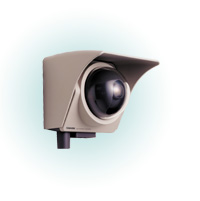Over the past two weeks we have been trying to determine the cause of an electrical voltage fluctuation in our main barn. When we were working in the barn the lights would flicker–sometimes once every minute or two and other times every 15-20 minutes. We obviously had something causing voltage fluctuations. These voltages fluctuations probably caused the failure of Llamacam One and were causing a number of stability issues for the remaining cameras. I knew the problem was not being caused by REMC because our other barn (which is fed from the same meter) was not experiencing the problem. My biggest concern was a problem with the underground cable connecting our two barns. If this cable failed, locating and fixing the problem would involve a backhoe and the challenging task of avoiding a rat’s nest of stuff buried around our barns (water, electric and telephone lines). Just the thought of digging near all that mess was keeping me awake at night.
On Thursday evening while Laura was working in the main barn all of the power went off. She flipped the light switch on and off few times and miraculously the power came back on, but continued to flicker every few minutes.

Load Center in Barn
Armed with this latest clue, I went to the barn on Saturday morning hoping to track down the cause of the problem. When I entered the barn and flipped on the main lights but they didn’t come on. I felt a sinking feeling in the pit of my stomach as the thought of a total loss of power to the barn was not something I was prepared to deal with in the sub-freezing weather. I checked the automatic waterers and was surprised that none of them were frozen. In fact the water felt warm compared to the frigid air. Hmmm, they still had power. I went back into the barn and started flipping other light switches and behold about half of the lights came on. Whatever the problem was, it was only affecting one leg of the 220V feeding the barn. At this point I should have grabbed my voltmeter and done additional sleuthing to locate where the the circuit was being lost. But I didn’t. I flipped the main breaker on and off and suddenly all of the lights came on. Ah, problem fixed. It must be a bad main breaker. After a trip to Lowes and Menard’s I was armed with the parts to fix the problem.
I turned all of the power off to the barn and proceeded to replace the main breaker. In about an hour I had the new breaker installed. I flipped the switch and success. The power was back on and not flickering. Problem solved–I thought!.
Sunday morning I got up and started the morning coffee. As is my normal habit, I went to my computer to check the barn cameras to make sure all of the llamas were still tucked in bed. The cameras were all dead. I walked to the barn thinking I needed to reset the router. When I walked into the barn I discovered the barn had lost power again. I played all of the same tricks and after several tries of flipping lights and breakers on and off, the power came back on. This was not a good sign. Obviously, the cause of the problem was not the main breaker. Of course, I now own a good spare!
I went back to the house and grabbed my trusty voltmeter with a mission to figure out where the one leg of power was being lost. I opened up the load center that feeds both barns and checked the voltage on each leg of the 100 amp breaker which feeds the main barn. Both legs were hot! There was no doubt the underground cable must be failing. I walked back to the main barn to give Laura the bad news and was surprised to find all of the lights in the main barn on. Hmmm, there was at least a glimmer of hope that the cable had not failed.
The only thing left to check was the 100 amp breaker which feeds the underground cable for the main barn. I shutdown all the power and removed the 100 amp breaker. When I flipped it over to examine the terminals that connect it to the power center I saw the culprit. One set of the terminals were badly corroded and not making good connection to the load center bus. I installed a new100 amp breaker, which by luck I had purchased the day before. I flipped everything back on and walked back to the main barn to see if that had really solved the problem. Everything was working normally. I mumbled something about success very quietly to avoid appearing too optimistic. I plugged in the Uninterruptible Power Supply that I use to power the networking gear and it sat silently. Before, it was constantly chirping a warning tone because it was able to detect the slight variations in voltage that were being caused by the poor connection. This morning during my routine trip to the barn, everything was still normal. Perhaps the mystery of the flickering lights has been solved.
Fred


